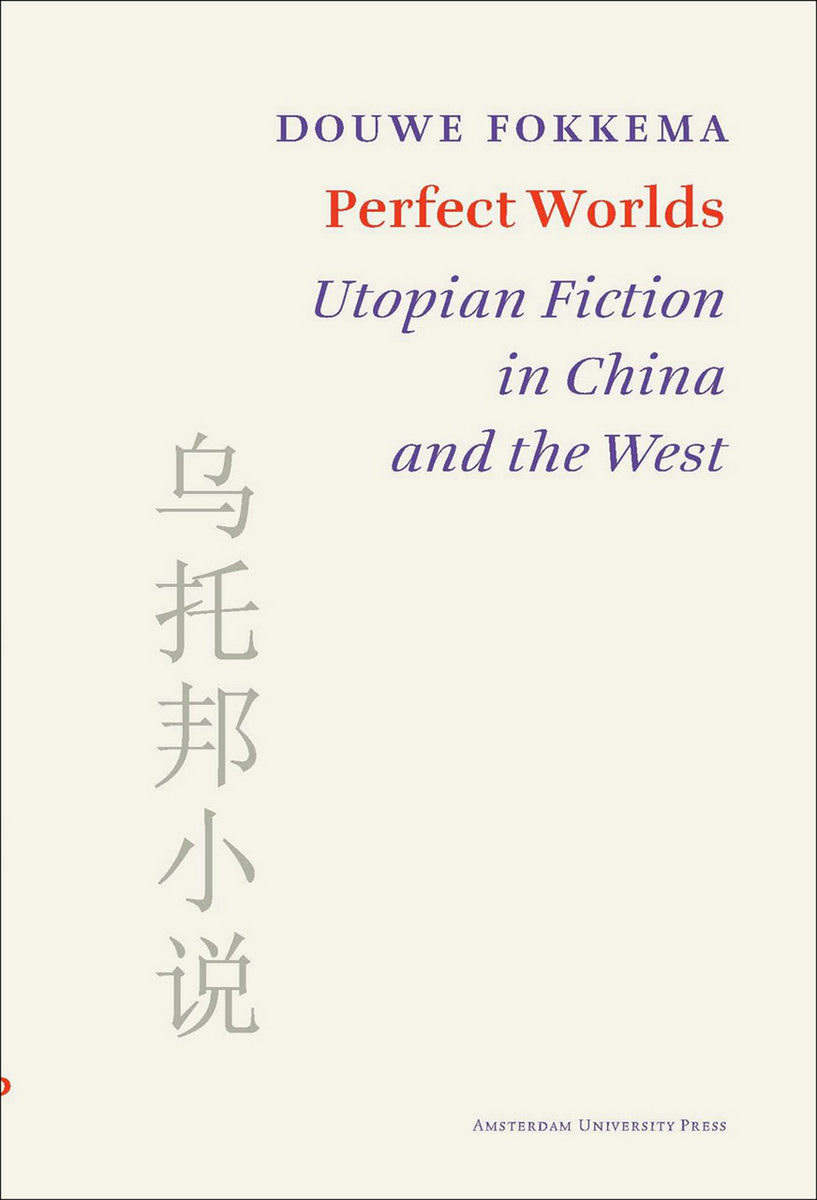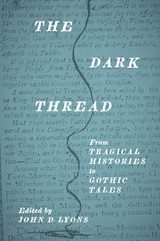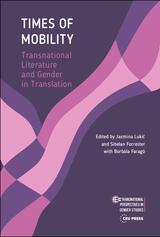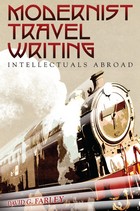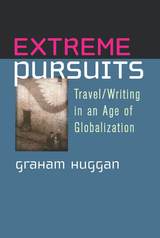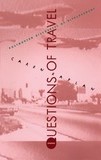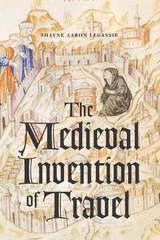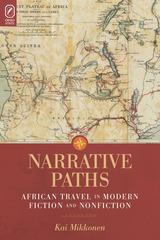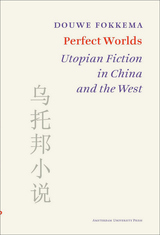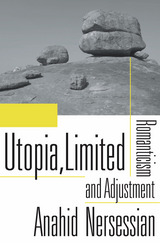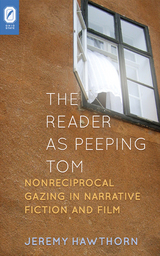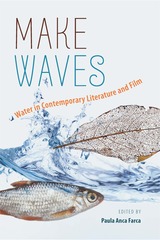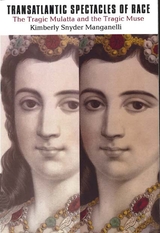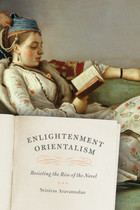Perfect Worlds: Utopian Fiction in China and the West
Amsterdam University Press, 2012
Paper: 978-90-8964-350-6 | eISBN: 978-90-485-1486-1 (PDF)
Library of Congress Classification PN56.U8 +
Dewey Decimal Classification 809.93372
Paper: 978-90-8964-350-6 | eISBN: 978-90-485-1486-1 (PDF)
Library of Congress Classification PN56.U8 +
Dewey Decimal Classification 809.93372
ABOUT THIS BOOK | AUTHOR BIOGRAPHY | REVIEWS | TOC
ABOUT THIS BOOK
Perfect Worlds is an extensive, comparative study of utopian narratives in both the East and the West. Douwe Fokkema provides an elegant argument about the human impulse to imagine new and better worlds, astutely observing that the utopian imagination thrives in the context of secularization. Fokkema also tracks the rise of dystopian narratives, invoking authors as diverse as Margaret Atwood and Lao She, and provides a cogent evaluation of the role of imagined worlds in both Chinese and Euro-American fiction. A shrewd comparison of cultures, as well as a vivid account of cross-cultural influence, this volume is a welcome addition to the scholarly discourse on utopias.
See other books on: Chinese | Chinese fiction | Comparative literature | Utopias | Utopias in literature
See other titles from Amsterdam University Press
